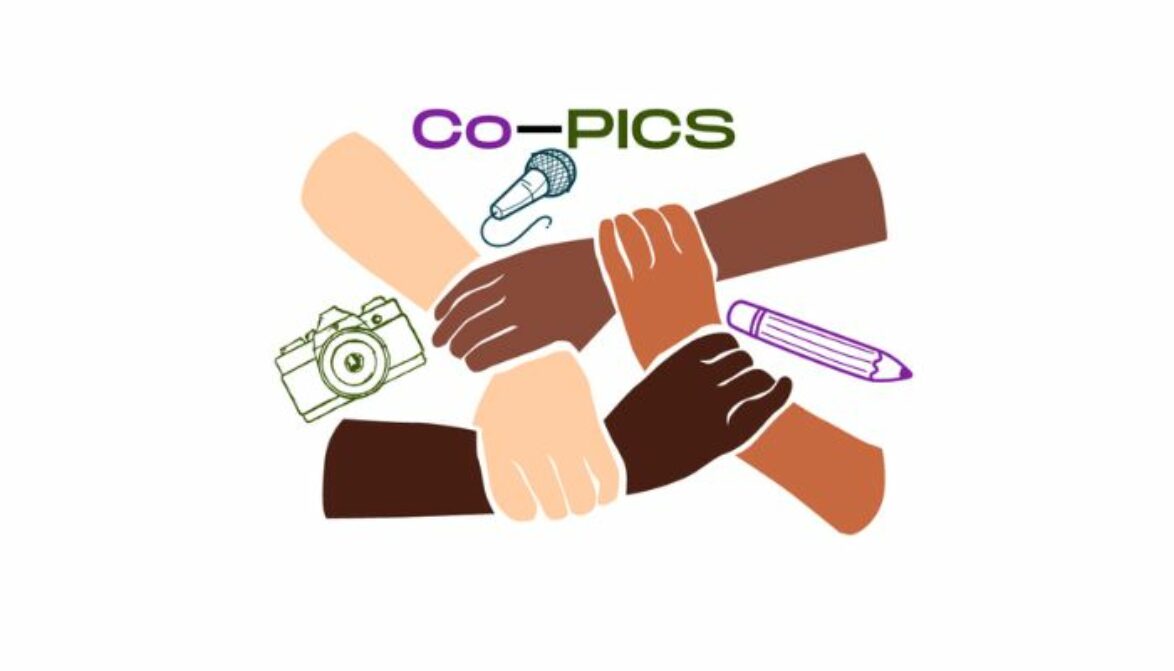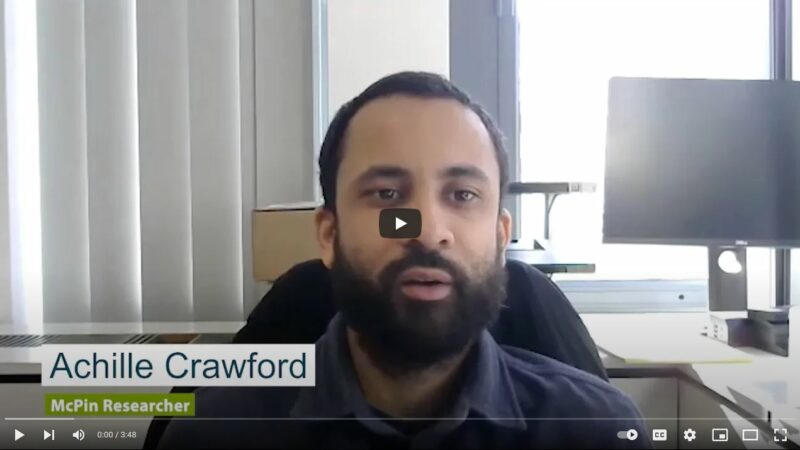Project overview
CoPICS is the short name for a research project entitled Experience Based Co-design of Psychosis Centered Integrated Care Services for Ethnically Diverse People with Multimorbidity.
This project will explore how health and social services can improve the care of diverse groups of people living with psychosis and other illnesses in both urban and rural locations across England.
CoPICS is being run by the University of Oxford and will use Experience Based Co-Design (EBCD). It will use a combination of the Photovoice* method, biographical storytelling interviews, and group discussions taking place over a number of workshops.
These workshops will include participants with lived experience of psychosis and at least two long-term physical health conditions, as well as the participation of carers, heath care professionals, and doctors.
These participants are sometimes called key stakeholders – i.e. people without first-hand lived experience, but with direct experience caring for or working closely with people with psychosis and multimorbidity (multiple long-term conditions).
What is Photovoice? *
Photovoice is a method of research where participants are provided with a camera and asked to take photographs which relate to or reflect their experiences of services.
In CoPICS these photographs will be developed and used as a focus for a workshop where a member of the research team will discuss them with the participant in detail and help them to develop a caption. They will then be used as a focal point in a group discussion workshop.
This is the basis of Experience Based Co-Design; that the experience and knowledge of service users will be put into dialogue with the experience and knowledge of service providers in an equal setting.

Project details
People living with psychosis experience more long-term physical health conditions and have shorter life expectancies than average.
People from racialized backgrounds are more likely to experience psychosis, and if they do experience psychosis, they are more likely to have worse outcomes than White British people.
People from racialised backgrounds are less likely to receive the same care from GPs, are more likely to be subject to coercive or involuntary treatment, and are more likely to be dissatisfied with the care they receive.
People from these backgrounds are also under-represented in both research and service evaluation and improvement work.
We want to understand how people from diverse ethnic groups with lived experience believe health and social services can improve the care they provide for people living with psychosis and multiple long-term conditions.
This project aims to co-design resources based on lived experiences to direct service improvements in primary, specialist hospital, and social care.
These will be used to improve working practice, staff training, and update policies. The use and impact of these co-designed resources will be evaluated in a future project.
McPin is running a Lived Experience Advisory Panel (LEAP) which will meet regularly to provide input on a variety of work over the course of the project. A team of peer researchers, with their own lived experiences, will be working on facilitating Photovoice and supporting biographical interviews, analysis and codesign.
McPin is also working to recruit, facilitate, and support the participation of people with lived experience to this study. People with lived experience will participate by taking photographs and engaging in workshops to discuss and caption their photography.
Some participants will also be interviewed in long-form interviews about their life experiences. Participants will then engage in workshops with other participants to discuss the themes from previous activities and co-design resources, which will be used to improve services.
You can visit the Oxford website page for more information.
You can also email the project manager at McPin on [email protected].
Related blogs
Related projects
Work with us
We are always excited to hear from others who want to collaborate on mental health research. From delivering peer research to helping you with public involvement strategies and providing training, get in touch to chat.







